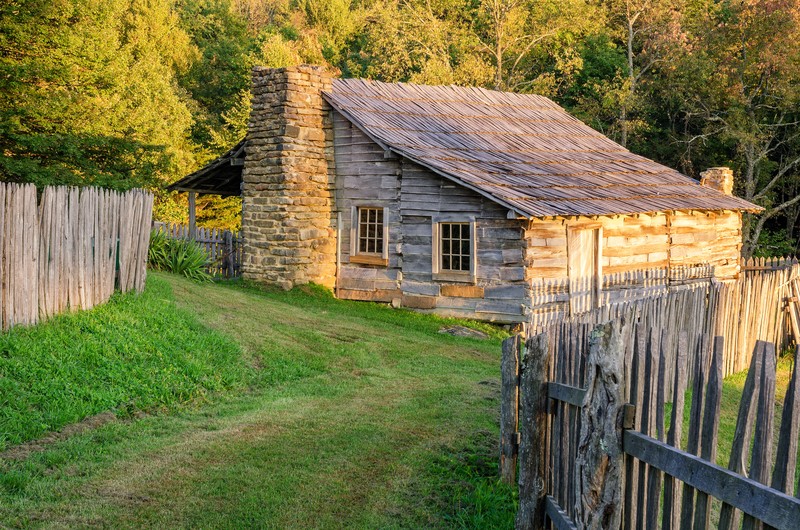Survivalists know that learning new skills on a frequent basis is the key to being a well-rounded survivor who knows how to navigate any situation. Luckily there are some skills below that even if you think you know, there's always room for improvement.
For example, finding another way to get more water is not just smart, it's a necessity. The last thing you need is to run out of water during a serious survival scenario! Check out more exmples below:
1- Butchering your own meat is not only a money saver, it could be a money maker!
When we found our dream land after more than two years of searching for a perfect homestead/prepper retreat, is came with quite a self-sufficient bonus – a complete butcher shop. We didn’t know how to butcher at the time, but a member of our tribe (my favorite term for our self-reliant group of family and friends) did.
We delved into the process by first learning how to use all the saws, knives, and hydraulic lift – a massive back-saver when dealing with large livestock, at least until the power grid fails. Setting up a modest home butcher shop with a cooler would cost about $3,000, but would be a wise investment for any homesteader. Butchering your own beef, pork, and poultry not only defrays the cost of processing, but also ensure the humane treatment of the animals you raised and the safe handling of the raw meat before it hits your dinner plate.
2- While most homesteading families have a well to use for their drinking water and other water needs, redundancy is the key to both survival and sustaining the homestead.
A well can run dry, become contaminated, not be located conveniently to the garden or barn, or run off of electricity which, as well all know, can fail without warning. Having the skill to find, cleanse, and store drinking water should be a priority for all homesteaders, even if you have multiple wells or are connected to a county water line system. Having access to a source to maintain potable water, such as a creek, pond, or a rainwater catchment system – or all three, are the best water well back-up sources. Water must be filtered and boiled before it is safe to drink, skipping these steps or not having the supplies necessary to complete the steps for many months, could leave you without the water necessary to sustain life and keep plants thriving during a drought.
3- Learn about all the uses for greywater around the homestead.
Never let a valuable and free resource go to waste! The collection of greywater on a regular basis will reduce the drain on your well or potable water stores during a drought, power outage, or disaster.
4- Stockpiling firewood properly involves more than just back-breaking work.
Every member of the homesteading family should be taught how to identify the various varieties of trees on the property – and learn which type of wood is best for specific aspects of fire building. Some wood is lightweight and is great for starting a fire, such as pine. Hardwoods, like red and white oak, take longer to get going, but are thick and heavy and perfect for stoking up the woodstove or fireplace to ensure the fire last throughout a long cold night – or when smoking meat.
5-Composting is a simple skill.
But as I noted in my book, Power Grid Down: How to Prepare, Survive, and Thrive After the Lights Go Out, not doing it to the best of your ability vastly detracts from the quality of dirt used when growing your own groceries and natural pharmacy. Learning the many, many things which can be composted but are often thrown away, and how to simply test the soil to detect nutrient levels problems, can greatly increase the annual crop yield and provide not only ample food to feed the family, but have plenty left over to sell.
6- Learn how to mill your own grains.
Making flour from crops you raised yourself is a valuable and money-saving farm to table endeavor.
The more you learn how to live independently and self-sufficiently, the better off we are in nearly any situation. You don't have to be a homesteader to utilize some of these skills.
Which skills do you plan to try first? Remember, the more you practice now the better prepared you will be when SHTF!
Source: Homesteading.com
